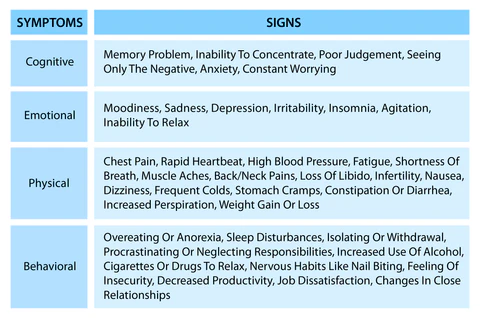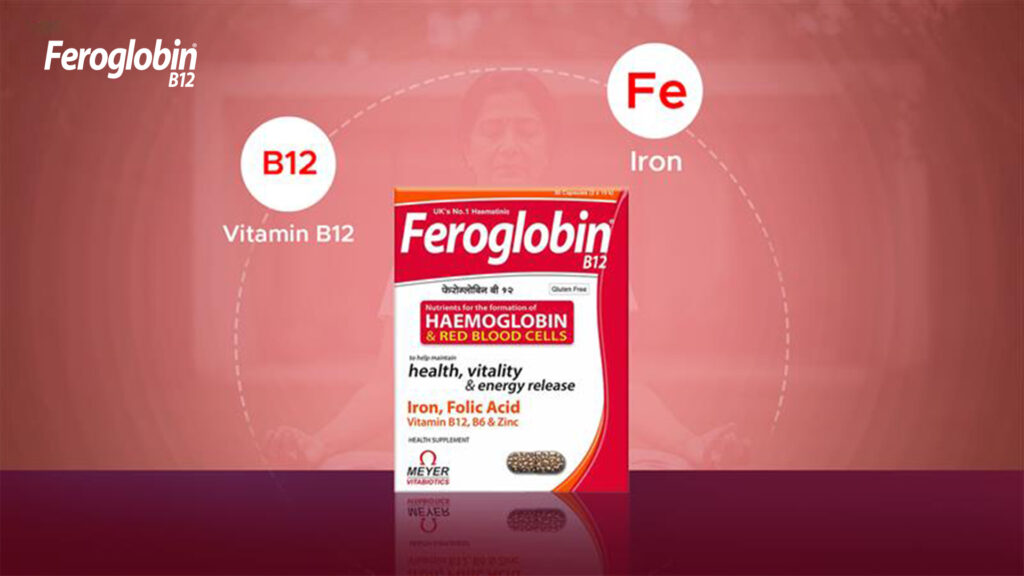Role of Nutrients in Stress Management

Stress critically affects the development & functioning of an individual. Severe & prolonged stress may influence nutrient absorption and excretion including those associated with inflammation and oxidative stress. In addition to this, high levels of stress can deplete vitamin B levels therefore requirement for B vitamins also increases during times of stress.
Studies are suggesting that food increasingly plays a role in stress and anxiety management. Due to hectic lifestyle, men are prone to stress which leads to further illness. Moreover, in stressful situations men tend to make poor nutritional choices which further increase their stress levels. Many health problems are caused or exacerbated by stress including pain of any kind, depression, heart disease, obesity, digestive problems, autoimmune diseases, sleep problems and skin diseases.
This is how you can ease your stress and anxiety by adopting changes in your lifestyle:
Drink Enough Water To Stay Hydrated
Drinking sufficient water reduces the negative physiological and psychological impacts of stress. Dehydration is the major cause of stress in your body. It’s a self-perpetuating cycle: dehydration can cause stress, and stress can cause dehydration. During stress the adrenal glands produce extra cortisol, the stress hormone, and under chronic stress, your adrenal glands can become exhausted, and result in lower electrolyte levels. Therefore it is strongly recommended to drink enough water during stressful condition
Avoid Drinking Alcohol
Drinking alcohol to relieve stress doesn’t work in the long term. Even though you might think a drink can help you relax, in fact over time, regularly drinking to deal with feelings of stress can interfere with what your brain needs for good mental health as well as disrupt your sleep, making stress harder to deal with.
Limit Caffeine Intake
Caffeine is a powerful stimulant to keep you alert and energised, but consuming too much can lead to increased anxiety, also making you irritable and agitated. It triggers the “fight or flight” response, causing you to overreact to situations that aren’t actually dangerous or troublesome. If you already have increased anxiety or suffer from panic attacks, caffeine can cause these symptoms to worsen. It is worth noting that your body is built to boost energy levels in the morning with the chemical cortisol, so try to avoid drink any coffee or tea until you’ve been up for at least an hour and switch to herbal tea for the rest of the day.
Fill Up On Complex Carbs
Incorporate whole grains, vegetables, and fruits into your diet to keep blood sugar balanced and consistent.
Consider the “Gut-Brain Axis”
About 95% of serotonin receptors are found in the lining of the gut. Try eating probiotic-rich foods such as pickles, sauerkraut, and kefir.
Munch on Magnesium
Foods naturally rich in magnesium such as leafy greens and spinach, legumes, nuts, seeds, and whole grains may help you feel calmer. You can also try supplementing with a micronutrient supplements containing magnesium like Wellman or in case of magnesium deficiency try Ultra Magnesium.
Zinc Power
Foods rich in zinc such as cashews and egg yolks have been linked to lowered anxiety. You can also support your Zinc intake with micronutrient supplements providing 100% RDA for Zinc like Wellman, which is ideal for vegans and vegetarians.
Don’t Forget Those Omega 3 Fatty Acids
These are linked to improving symptoms of depression and anxiety. Wild Alaskan salmon, tuna, sardines, mackerel, anchovies, chia seeds, flaxseeds, walnuts, soybeans, are all great sources. You can also try supplementing with Ultra Omega 3 which provides a rich source of essential oils like DHA and EPA which your body cannot produce on its own.
Eat Your Asparagus
Based on research, asparagus has anti-anxiety properties.
Feel Good With B Vitamins
Foods rich in B vitamins such as avocado and almonds are also known as ‘feel good’ foods and spur the release of neurotransmitters such as serotonin and dopamine. To ensure you get the recommended daily intake of Vitamin B you could also consume micronutrient supplements like Wellman.
Get Your Antioxidant-Potent Foods
Anxiety is thought to be correlated with a lowered total antioxidant state so enhancing your diet with foods rich in antioxidants may help ease the symptoms of anxiety disorders. Fuel up on red, pinto, black, and red kidney beans, apples, prunes, sweet cherries, plums, blackberries, strawberries, cranberries, raspberries, and blueberries, walnuts and pecans, artichokes, kale, spinach, beets, and broccoli, turmeric, and ginger. To ensure you get adequate intake of Vitamin B you could try consume micronutrient supplements like Wellman which is rich in Antioxidants like Vitamin C, Vitamin E and Beta-carotene and Selenium.
Signs and Symptoms due to prolonged stress

The Anti Stress Shopping List
Whole Grain Products
Vegetables
Fruits
Pickles
Sauerkraut
Kefir
Legumes
Nuts (Such As Cashews And Walnuts)
Egg Yolks
Seeds (Such As Chia Seeds And Flaxseeds)
Wild Alaskan salmon
Tuna
Sardines
Mackerel
Anchovies
Soybeans
Asparagus
Micronutrient Supplement
Categories
- Articles (1)
- Beauty, Hair, Skin (19)
- Kids-Teens Health (3)
- Men's Health (14)
- Mind-Body (62)
- News-Research (9)
- Others (2)
- Women's Health (22)
Top Selling Products
Wellwoman 50+ multivitamins for women over age 50 years with Vitamins, Iron, calcium, amino acids to support menopausal symptoms, maintain energy, Vision & Heart health| Vegetarian 30 Tablets
₹516.80 (₹17.23/Tablet)
MRP: ₹646.00 (Upto 20% off)
Wellman 70+ Multivitamin Tablets | Ginseng, Pumpkin Extract & Citrus Bioflavonoids | Supports Health & Vitality | Boosts Vision, Immune System & Cognitive Function | 30 Veg Tablets
₹379.20 (₹12.64/Tablet)
MRP: ₹474.00 (Upto 20% off)
Wellman 50+ Multivitamin Tablets for Men Aged 50+ | Ginseng, Citrus & Amino Acids | Support Health & Vitality | Boost Cognitive & Immune Function | Reduce Tiredness & Fatigue | 30 Veg Tablets
₹360.00 (₹12.00/Tablet)
MRP: ₹450.00 (Upto 20% off)
Wellwoman 70+ Multivitamins For Women Over Age 70 With Biotin, Isoflavones, Zinc, Vitamind To Support Physical & Mental Health, Improve Cognitive Function & Energy Levels Vegetarian 30 Tablets
₹374.40 (₹12.48/Tablet)
MRP: ₹468.00 (Upto 20% off)
Wellman Multivitamin Tablets for Men – 21 Nutrients – Boost Immunity, Support Reproductive Health & Energy Levels – Gluten-Free, Vegetarian – 30 Tablets
₹350.40 (₹11.68/Tablet)
MRP: ₹438.00 (Upto 20% off)










